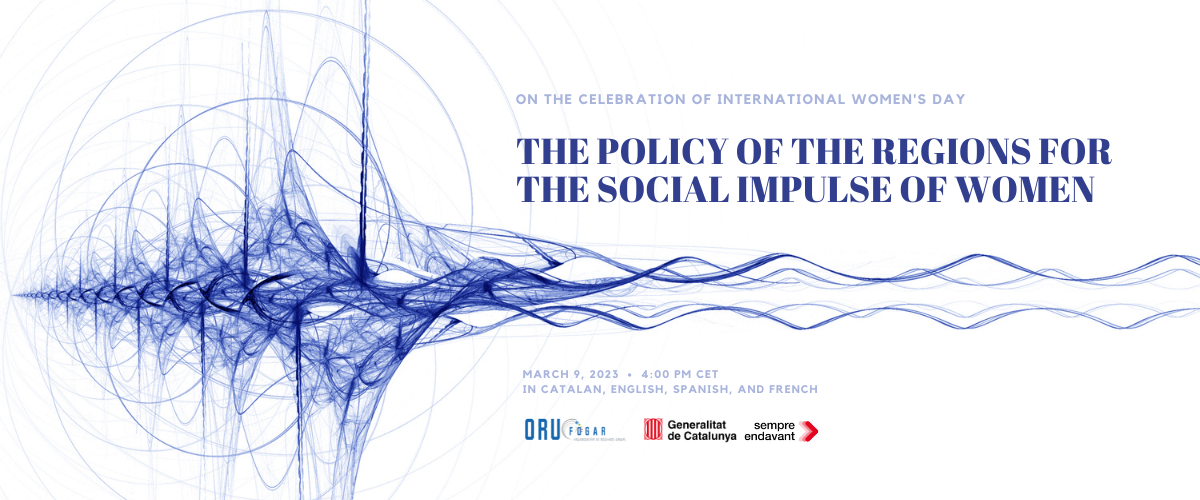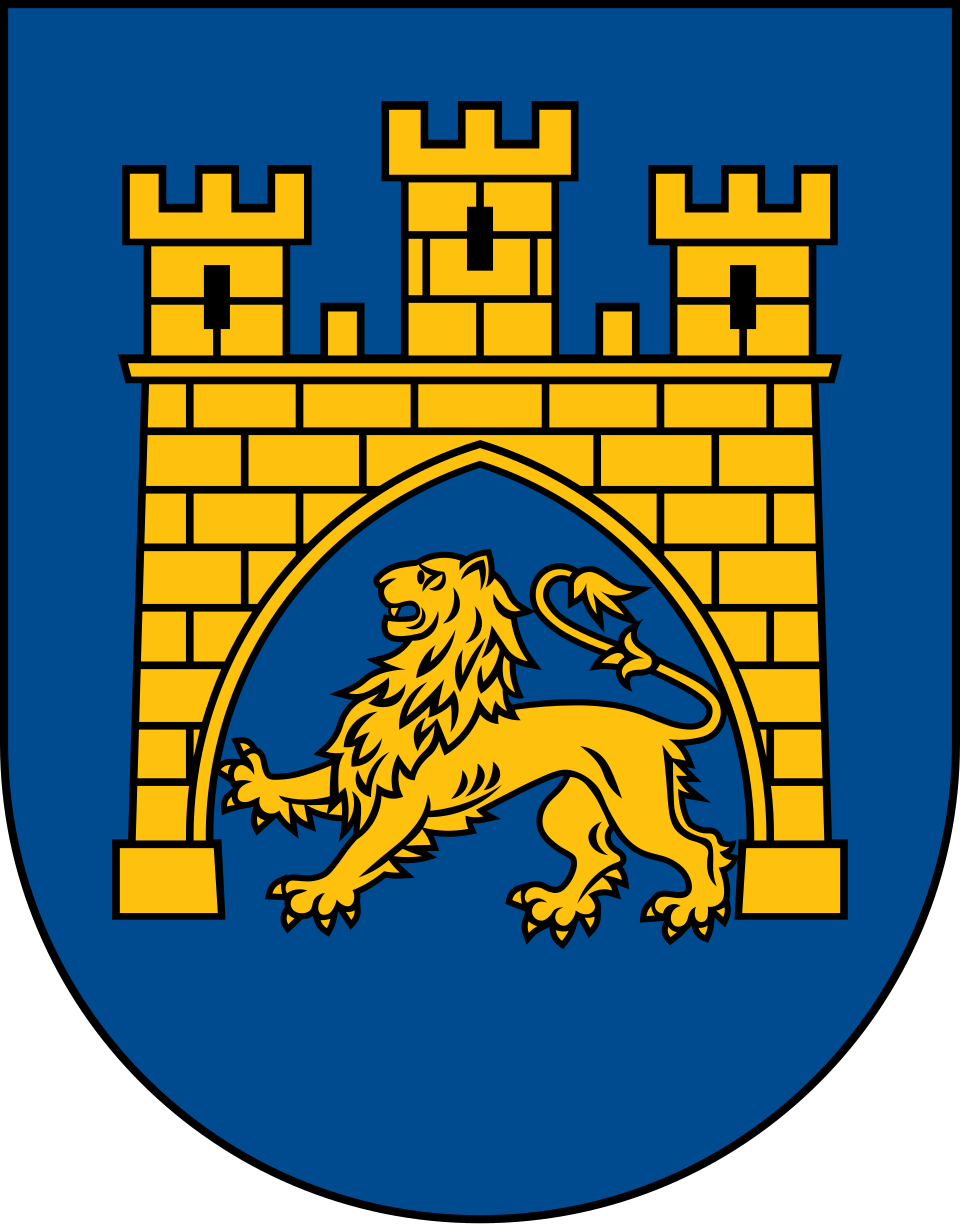Regional feminist policies with an impact on men

The webinar "Regional policies for the social promotion of women", organised for the second year running by the Catalan Women's Institute and ORU Fogar on the occasion of International Women's Day, highlighted the policies of 10 regions, many of which aim to influence men's behaviour.
The most illustrative project in this regard is undoubtedly Gizonduz, a pioneering initiative launched in 2007 by the Emakunde-Basque Women's Institute, with the aim of promoting men's awareness, participation and involvement in the promotion of equality between women and men. The project, presented by Miren Elgarresta, director of Emakunde, aims to increase the number of Basque men who are aware of, trained in and committed to equality, while promoting men's shared responsibility for domestic tasks and personal services. More than 14,000 men have already been trained under this programme.
The project in Tucumán, Argentina, on gender mainstreaming in police and prison operations has also attracted considerable interest. The police force and the prison administration were originally hierarchical and male-dominated. Although they have integrated women into their ranks in recent decades, entrenched institutional cultures still maintain gender inequalities and discriminatory practices, both inside and outside the institution. The courses provided by the province of Tucumán to police and prison staff aim to put an end to these cultures. The objective - Andrea Reinoso explained - is to strengthen the institutional capacities of the police force and the penitentiary service for the integration of the gender perspective, both in their internal structure and functioning, as well as in the fulfilment of their functions towards the community.
The provincial government of Pichincha, Ecuador, also has an impact on the male population: with the creation of the Warmi Pichincha Integral Rights Protection Centre, it aims to promote equality and the eradication of gender-based violence. Pichincha is the region with the highest number of feminicides in Ecuador. Thus, an attention centre has been set up where the inhabitants of the province can access legal advice and social and psychological support services. These specialised services are aimed at women, girls and adolescents who are victims of gender-based violence and include legal advice and mentoring by lawyers, psychologists and social workers, who will provide advice in their respective fields.
The webinar also featured the "Empodérate" school in the department of Risaralda (Colombia), the "Polo Integral de la Mujer" in the province of Córdoba (Argentina), the "Feministras Cooperando" project in the Junta de Extremadura (Spain) and Attiéké, a project in Les Grands Ponts (Côte d'Ivoire) that supports the cultivation of cassava by women.
The event, which was opened by the President of the Catalan Institute, Meritxell Benedí, was attended by Mbarka Bouaida, President of the Association of Moroccan Regions, and Saynabou Gaye, President of the Departmental Council of Tivaouane, Senegal. Mbarka Bouaida, from the Guelmin Oued Noun region and currently the only female president of a region in Morocco, spoke of the existence of a feminist elite in her country, which includes the mayors of Rabat, Casablanca and Marrakech. She was convinced that the presence of women would also extend to the regions. Saynabou Gaye, the only female president of a region in Senegal, spoke of the uniqueness of her situation, explaining that there is not a single female mayor in her entire region. At the closing ceremony and on behalf of ORU President Fogar, Rabat Salé Kenitra Vice President Mustapha Jawadi highlighted the leadership of these two women, as well as that of Anne Waiguru, Chair of the Kenyan Board of Governors. The Vice President participated in the closing ceremony with UN Women representative Cecilia Alemany.










































































